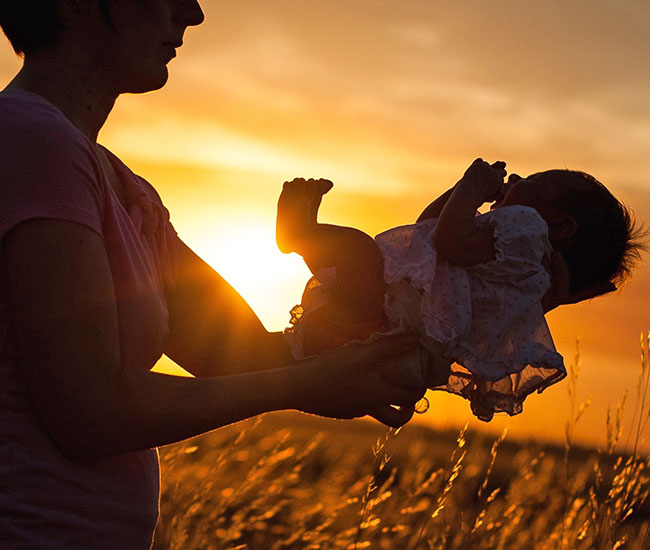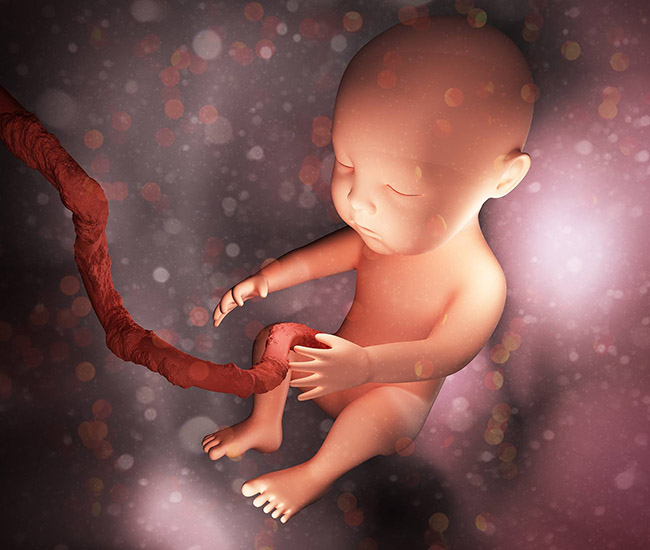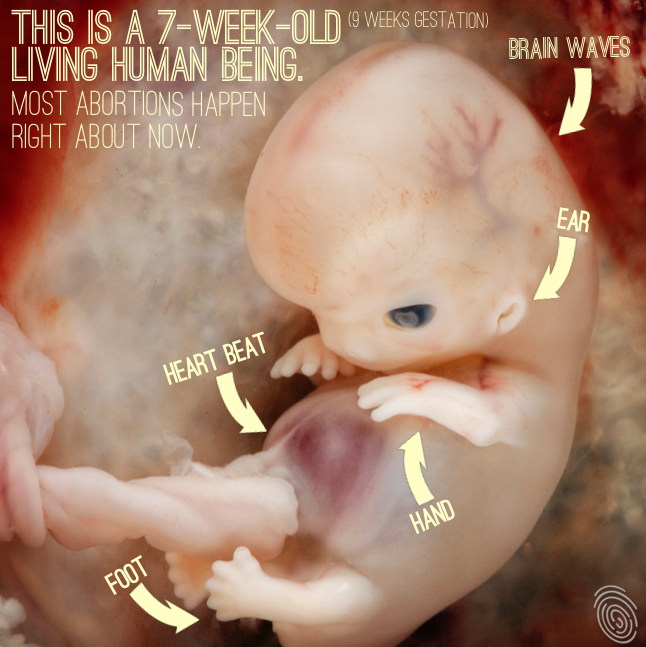Life. It is everywhere we look. Life ignites all of our actions. It is both fleeting and enduring. Boundless, and transient. The human species seems insignificant beside the power of nature, and the breadth of the life by which we are surrounded.
And yet, we have dominion over it all. It has been said that life is one of the most basic human rights.
But when does life begin? The view that we can’t know when life begins is common among those who support legal abortion.
And because we can’t know, they say, this means pro-lifers shouldn’t impose their “religious belief” that life begins at conception on others by outlawing abortion.
But the claim that a human being’s life begins at conception isn’t religious dogma. It’s actually a scientific fact. We can know three things about the unborn that tell us when human life begins. We know the unborn are alive, they are human, and they are whole organisms.
First, The unborn take in nutrients and grow via cellular reproduction. Second, The unborn are offspring of human parents, and have human DNA.
And Finally, The unborn are human organisms like you or me whereas sperm, egg, and body cells are merely human tissue and do not have any rights.



